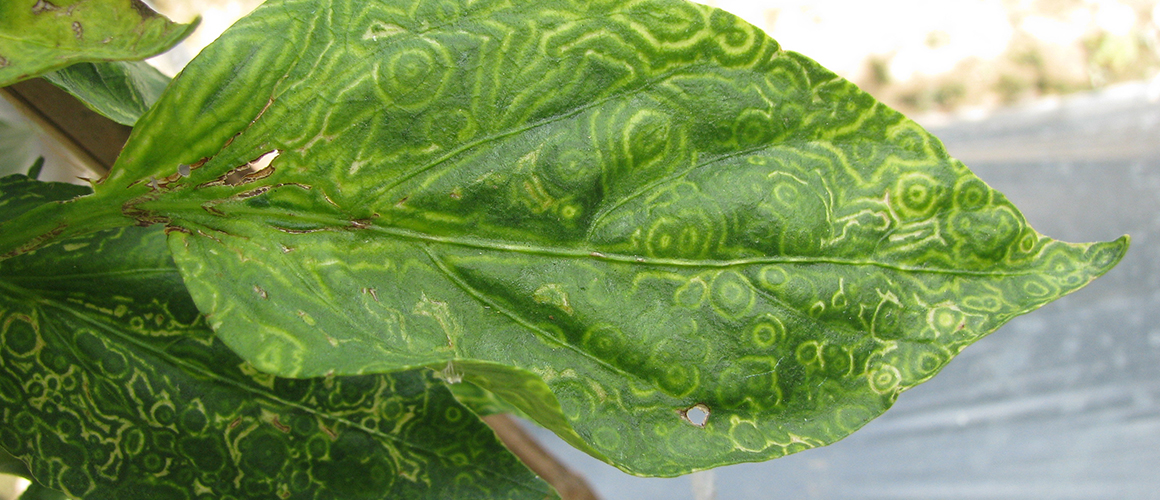Research uncovers solutions to managing tospoviruses in vegetable crops
Tospoviruses infect a large number of horticultural crops, causing losses across the supply chain at all levels. Species such as tomato spotted wilt virus (TSWV) and capsicum chlorosis virus (CaCV) are present in Australia, while groundnut bud necrosis virus (GBNV) and others are impacting crops oversees and represent a significant biosecurity threat.
A newly-published levy-funded project report looked at leveraging next-generation sequence data to provide a much greater understanding of tospovirus/plant interactions. Led by Professor Neena Mitter from University of Queensland, Queensland Alliance for Agriculture and Food Innovation, genomic sequence (or complete DNA sequencing) information for many tospoviruses was compiled and new software was developed to aid this process for viruses where sequence information didn’t currently exist.
AmiRNA constructs were designed to target all virus strains within a species, including those in Australia and abroad. Comprehensive testing demonstrated that amiRNA constructs induced host resistance to the targeted tospovirus. With multiple constructs developed for tospoviruses yet to reach Australia, this allows for a rapid response should this biosecurity threat eventuate.
This understanding can feed in to breeding programs, as important genes and regulatory pathways involved in resistance have been identified. The project team has published key recommendations for the vegetable industry, which can be found in its final report (available now on the InfoVeg database).
This post appeared in the AUSVEG Weekly Update published 16 April 2019. Subscribe to the Update using our online form to receive the latest industry news in your inbox every week!


